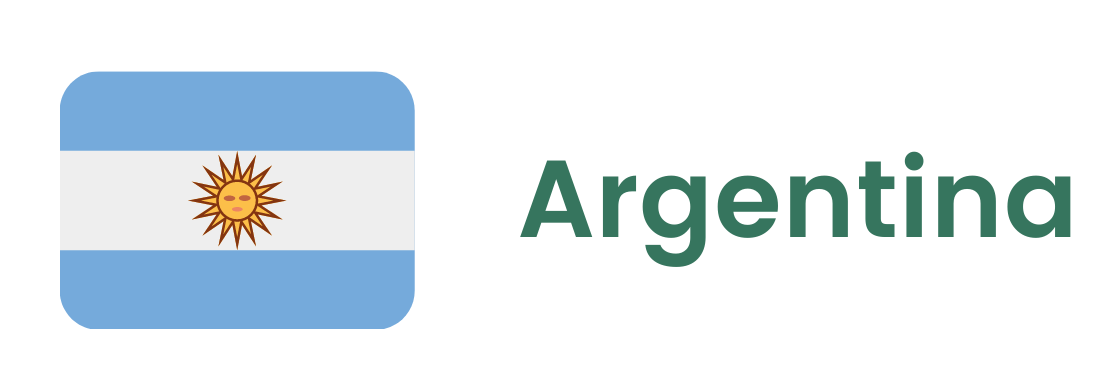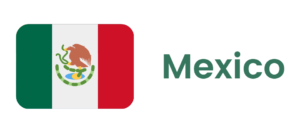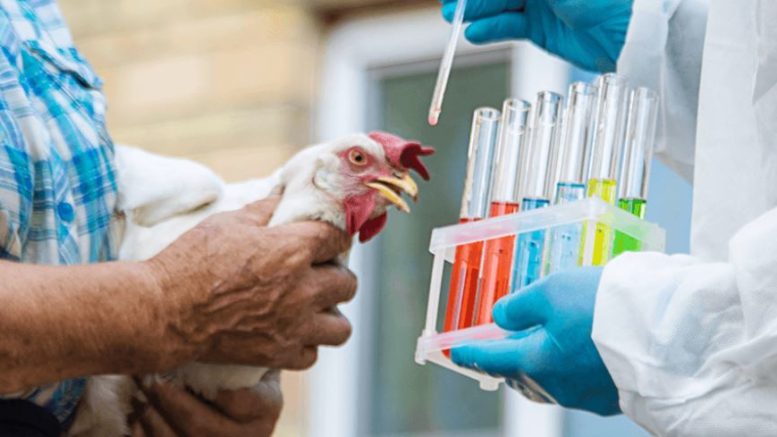Brazil Declares Itself Free of Highly Pathogenic Avian Influenza

Farmers receive up to 2% more for sunflower seeds grown using regenerative agriculture, which includes direct seeding, permanent soil cover, efficient use of inputs, crop rotation, and integration with livestock. Syngenta, in partnership with PepsiCo, delivered 4,000 tonnes of sunflower oil to farmers using these practices in several Argentine provinces. (Syngenta; PepsiCo)
Drovet, organizer of the Latin American Veterinary Congress, assessed animal health in Argentina as privileged, but warns that farmers focus on cost rather than productive gains. Pig and cattle farming account for 70% of production. The company is cautious about opening up imports, which will only be positive if it brings innovation, as the country already has good products. (Drovet)
Tropospheric ozone, a polluting gas is expected to increase in concentration by 25% by 2050, threatens Argentine soybean by reducing grain weight by up to 33%, according to a study by the Faculty of Agronomy at the University of Buenos Aires. The gas causes stress in plants, anticipating flowering and diverting resources to antioxidant defenses, affecting the crop cycle. In addition, the impact may increase vulnerability to pests such as the corn earworm. (Fauba)
Valley pointed out that irrigation in Argentina is no longer a luxury but a necessity, and is considered a commodity. Diego Molina, a Valley distributor, said investment in irrigation is now half the cost it was three years ago and that the system can pay for itself in less than five years, especially in regions with two annual harvests. (Valley)

Fresh chicken meat exports fell by 25% in the first two weeks of June 2025, impacted by embargoes due to avian influenza. (Secex; Brazilian Animal Protein Association)
Grain storage deficit above 800,000 tonnes in 2025 in the State of Santa Catarina, with production growing 19% and storage capacity only 5.1%. (Epagri/Cepa, Cooperalfa)
Marcus Schlösser has been appointed chief operating officer of BP Bioenergy, taking charge of agriculture, industrial, supply, and origination. (BP Bioenergy)
State of Rio Grande do Sul is expected to reduce its wheat area by 10% in 2025, totaling 1.198 million hectares, but average productivity is expected to rise to 3,000 kg/ha, which could result in 3.59 million tonnes, compared to 3.7 million in 2024. (Emater)
Irrigation in the State of Mato Grosso do Sul grew by 63% between 2015 and 2024, with more than 320,000 irrigated hectares, highlighting fertigation, which accounts for 64% of this area. The state has the potential to expand irrigated agriculture to 4.7 million hectares and plans to increase the irrigated area by 40% by 2030. (Aprosoja/MS; National Water Agency)
Soybean crushing in the State of Mato Grosso reached 1.24 million tonnes in May 2025, a monthly record with growth of 6.22% compared to the same period last year, and soybean oil exports grew 186.3% compared to April. Year-to-date, processing totals 5.78 million tonnes, an increase of 1.82%, while gross margin fell 6.99% in May but remains 74.99% above the previous year. (Imea)
Brazil declared itself free of highly pathogenic avian influenza after 28 days without new cases since the outbreak at a farm in Montenegro, in the State of Rio Grande do Sul, ending the sanitary vacuum that began on May 22nd. The Ministry of Agriculture notified the World Organization for Animal Health and importing countries to resume exports, currently suspended by 21 nations. (MAPA; OMSA)


Government denied the risk of famine in the country after a report by the FAO and WFP warned about worsening food insecurity due to the economic crisis and fuel shortages. Ministers Sergio Cusicanqui and Yamil Flores classified the report as false, with erroneous data and “technical inaccuracies,” highlighting the strength of family farming and the productive vocation of Bolivians. (Bolivian Ministry of Planning; Bolivian Ministry of Rural Development)

Chilean Minister of Agriculture Esteban Valenzuela stated during a visit to Vega Central that prices for potatoes, kiwis, lemons, tomatoes, lettuce, and spinach are stable. He highlighted the positive effects of rainfall on agriculture and predicted a drop in egg and chicken prices in the coming weeks. (Chilean Ministry of Agriculture)

Latin America accounts for 15% of global agri-food trade, 25% of arable land, 40% of biodiversity, and 30% of renewable freshwater, according to OBS Business School, which highlights Colombia as a potential leader in sustainable production, with only 25% of its agricultural land in use. (OBS Business School; Colombian Ministry of Agriculture)


Mexico’s Ministry of Agriculture and the National Polytechnic Institute have signed a collaboration agreement until 2028 to strengthen food sovereignty. (Ministry of Agriculture and Rural Development; IPN)

Paraguay has signed an agreement with Singapore for cooperation on carbon credits, with the potential to generate more than US$ 250 million annually in exports, according to the Ministry of Industry and Trade. The country can capture around 5 million tonnes of carbon per year through forestry projects. (MIC; Ministry of the Environment)
Livestock sector is on alert after the first phase of vaccination against foot-and-mouth disease indicated a drop of 420,000 head in the herd in 2025, a reduction of 3.23% compared to 2024. The Paraguayan Association of Meat Farmers and Exporters predicts a further decline in 2026. (Senacsa, Appec)
Daniel Prieto Davey, president of the Rural Association of Paraguay, defended the continuation of vaccination against foot-and-mouth disease and recalled the losses of over US$ 1 billion caused by the 2011 outbreak. Senacsa wants to discuss changing to disease-free status without vaccination by 2027, while entities such as Appec propose a gradual plan until 2030. (ARP; Senacsa)

Between January and May 2025, Peru exported 20.2 million kg of refined cane sugar, totaling US$ 14.4 million, with Colombia as the main destination (55%) and Casa Grande SAA leading exports (US$ 7.6 million). (Agrodate; Casa Grande SAA)
FAO warns 45% of agricultural land in South America is degraded and promotes regenerative agriculture projects in Peru and other countries, aiming to improve soil quality, reduce agrochemicals, and increase sustainable productivity, benefiting thousands of farmers. (FAO)

Uruguay and China have strengthened technical and commercial cooperation in the forestry sector, highlighting bilateral trade of US$ 900 million in 2024 and Chinese exports of US$ 50 million to Uruguay. They discussed technical exchange, bamboo development, and attracting Chinese investment to the Uruguayan forestry sector. (MGAP)
Minerva, through Athn Foods, sold its meat processing plant in Colonia to Allana for US$ 48 million. (Allana; Minerva)
Federico Stanham, director of the Uruguayan Chamber of Poultry Processors, praised the strong involvement of the National Meat Institute and the Ministry of Livestock, Agriculture, and Fisheries in the poultry audit in Uruguay, which includes microbiological and quality tests to improve the sector and prepare exports. He stated that unlabeled chicken is not a concern as long as it is legal, and announced the third Poultry Meat Export Forum for September 30th. (INAC)

READ MORE:

